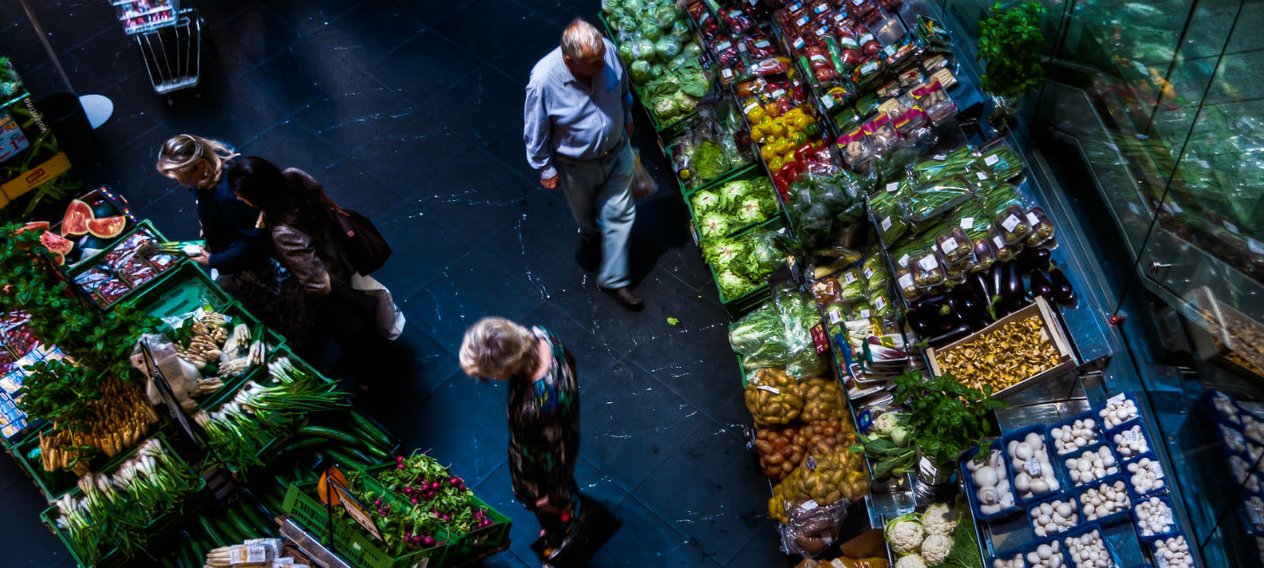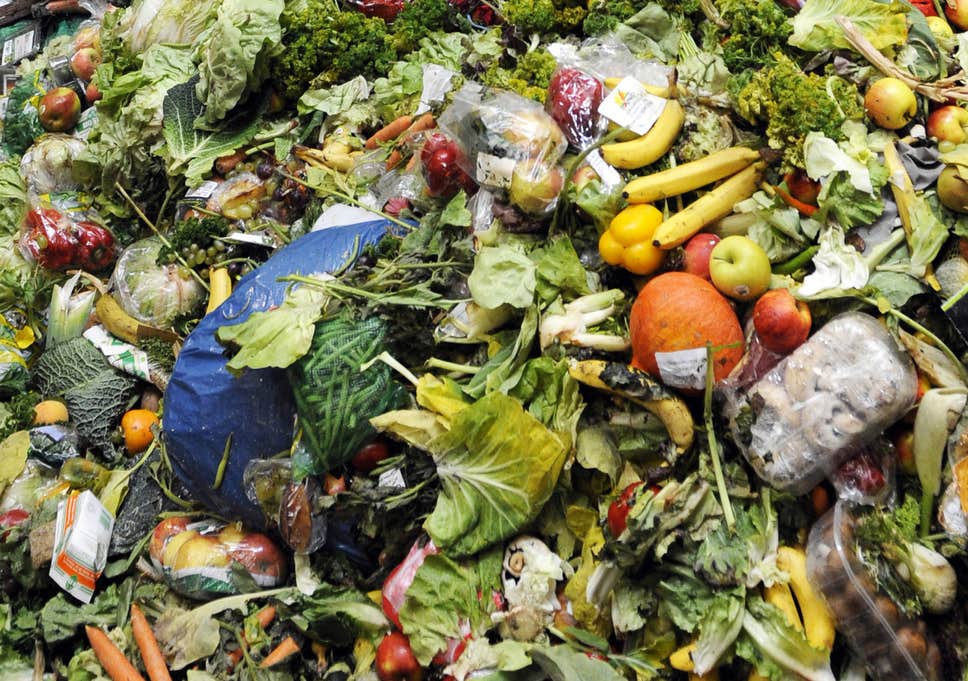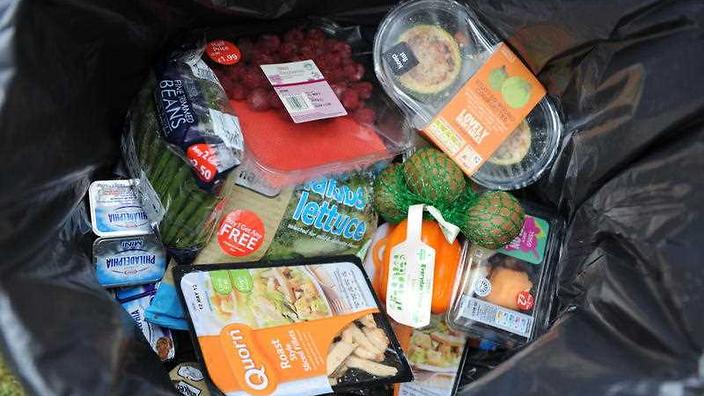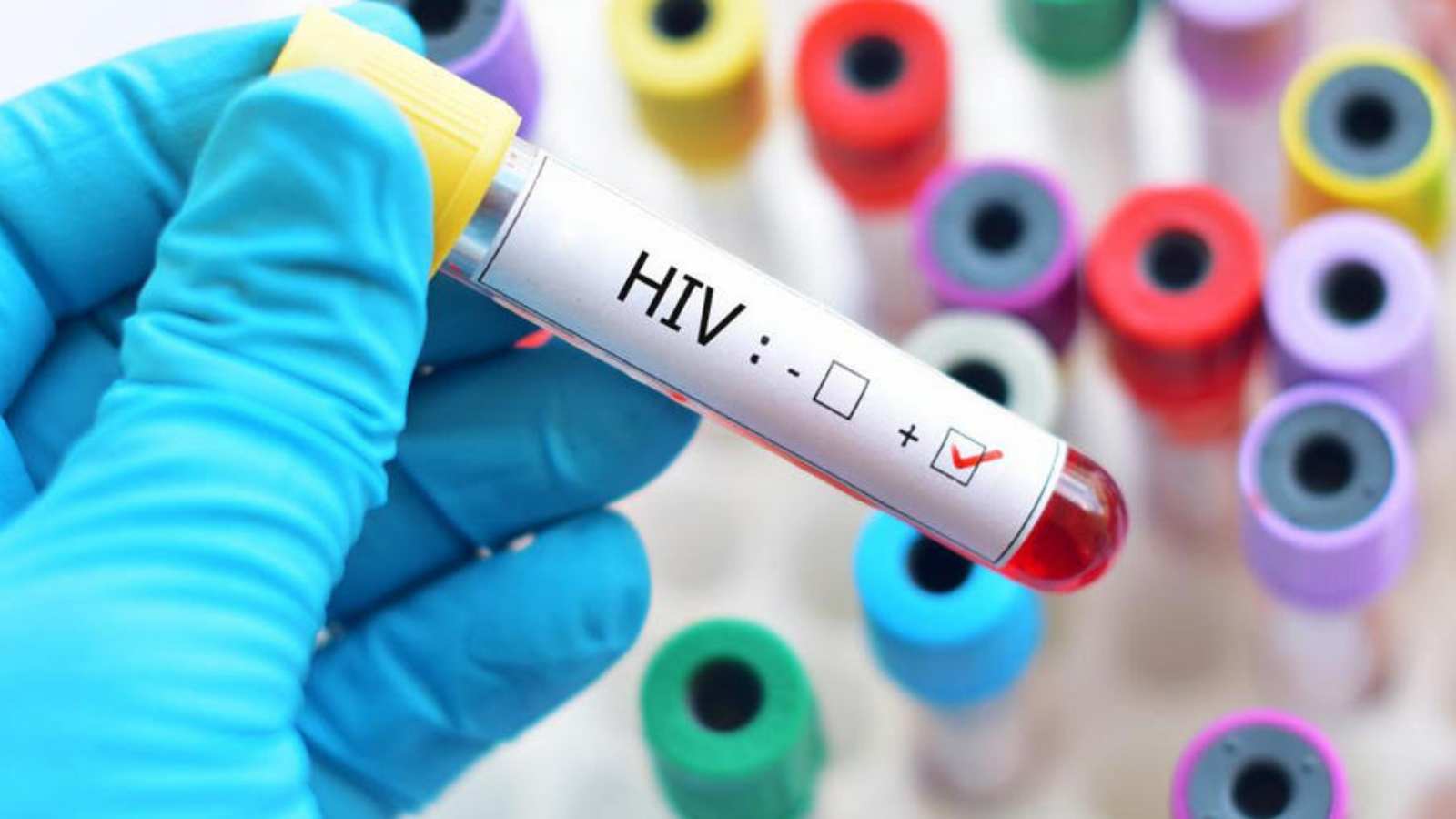The end of food waste in Italy
Unsold food to be given to Charities is approved in Italy
A bill to end food waste has passed as a law in Italy. Instead of food being thrown away at the end of the day, Italy wants businesses that sell food to donate unsold meals to charities.
The law received a lot of support because it is clear that the intention is to save the environment, economy, and moral of the people. The businesses need to comply, providing some push to change the current model of careless waste.

Countries such as France are tapping businesses in the form of a steep fine.
Italy is taking a different strategy. Instead of inflicting penalties, the country will give garbage collection tax breaks to businesses that take part in the initiative. All food provided by these businesses has to be reported, so the tax break will be easy to execute. The law also allows companies to give away food which is past its 'sell-by' date if it is not spoiled.
As of now, the country spends more than $13 billion on waste management.

They are looking forward to an EU wide proposal to end food waste
Through this latest bill, legislators want to trim down on expenses. Eventually, they want to obtain 1 billion tonnes of excess food in 2016, up from last year’s total of 550 million tonnes.
A French politician is looking to pass an EU-wide proposal to end food waste in all member countries. For him, the problem is straightforward, the food is going to waste, and some people are hungry.
The Danes seem to be the most enthusiastic supporters of the movement, with some people even preferring to shop at “food waste” stores rather than regular grocery stores.

Even though they are food waste, they are still edible.
For some, it is degrading since giving away "food waste" suggests that the poor and homeless don’t deserve quality food. However, the food is perfectly edible by the time it hits a dumpster.
Each part of the supply chain calls for a different method to lessening waste, but the lowest hanging fruit is the distribution to consumers. This food has arrived at an organized location and is continually monitored and restricted from going bad.
Urging businesses to mark excess food for delivery to charities instead of dumpsters is an easy fix.







0 Comments